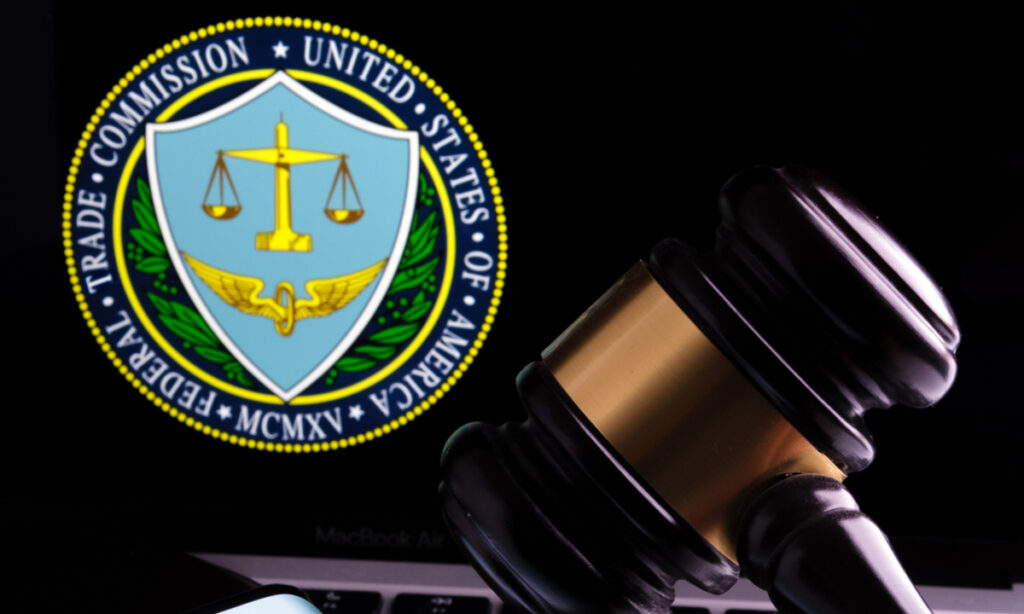of Federal Trade Commission (FTC) announced Monday (April 1) that it now has powerful tools to combat scammers impersonating government agencies and businesses.
New rules that went into effect Monday allow the FTC to sue in federal court to recover money for fraud victims and seek civil penalties against fraudsters, the FTC announced Monday. press release.
The rule was finalized in February, when the FTC announced it would target people who: impersonation fraud This includes government seals or company logos, government or company impersonations or similar email or web addresses, or terms that falsely imply affiliation with a government or company.
The FTC is also accepting public comments on: Supplemental Notice of Proposed Rulemaking According to Monday's press release, this provides additional capabilities to combat fraudsters who impersonate individuals or provide the means and tools used in such scams.
When the agency solicited public comments in February, the new proposed rule would require businesses that provide services that they know or have reason to know are being used to harm consumers to harm consumers. He said he was targeting. For example, this proposed rule applies to generative artificial intelligence (AI) platforms that create images, videos, or text. deep fake.
The FTC announced Monday that reported losses from identity fraud will exceed $1.1 billion in 2023, triple the amount in 2000. data spotlight.
Common scams from government and corporate impersonators include copycat account security alerts. Fake subscription renewal. Fake freebies, discounts, or money owed. Fake questions about the law. And then there is the issue of organized package delivery.
“All of these scams have tactics that the fraudsters hope will give them an advantage,” the FTC said in Data Spotlight. “First, their messages look a lot like the messages real companies send, such as emails and text messages about special deals or account security alerts. Second, they play on your emotions. If you're worried about a problem or excited about a free gift, it can be harder to spot the signs of a scam. Finally, to avoid them ringing the alarm, , reframes requests for money: People who would never send money to strangers are emptying their accounts believing they are “guarding” their funds.


